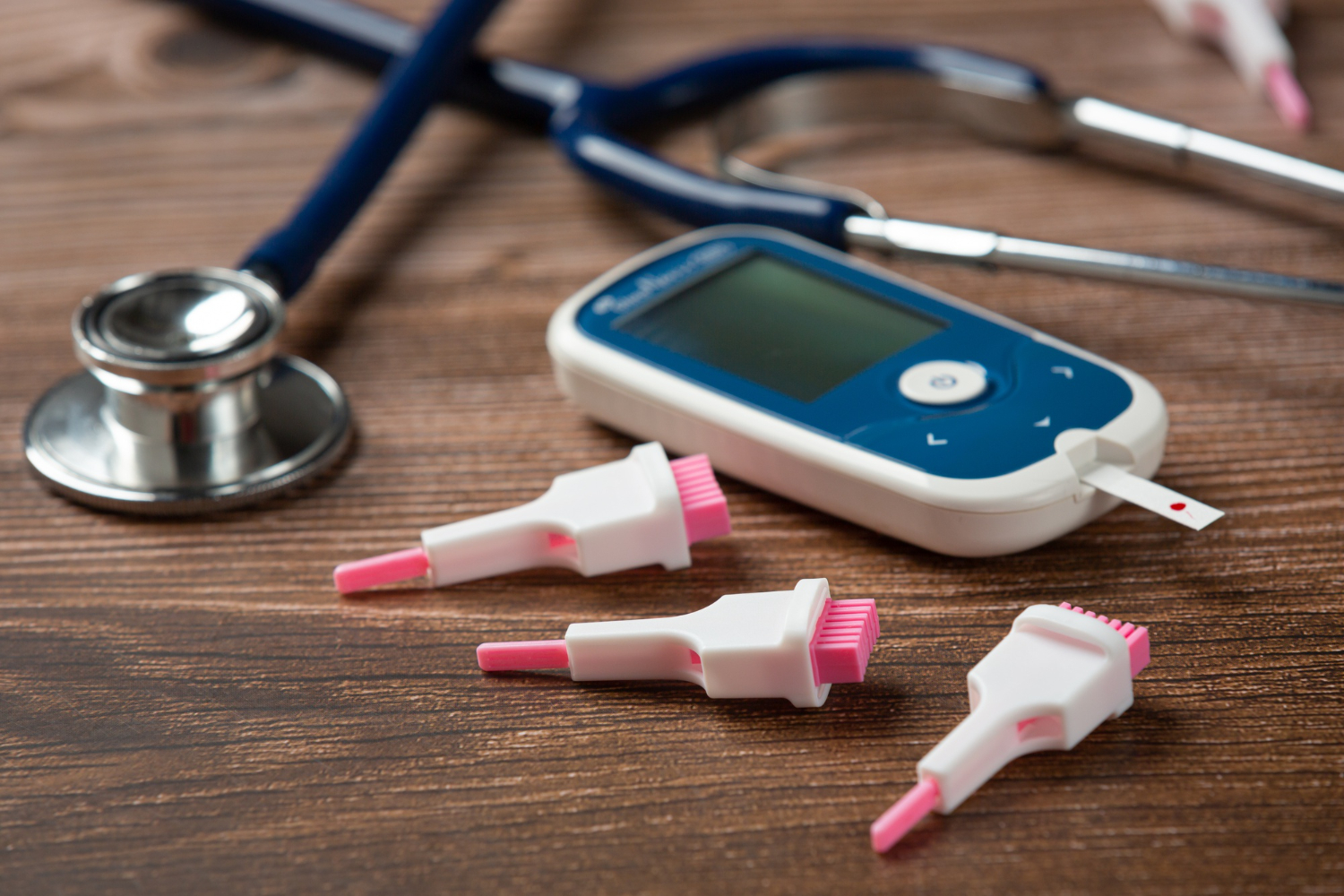What Should I Know About Diabetes?

What is Diabetes?
Diabetes is a metabolic disorder characterized by elevated blood sugar levels. The body either doesn’t produce enough insulin (a hormone that regulates blood sugar) or can’t effectively use the insulin it produces.
Types of Diabetes
- Type 1 Diabetes:
- Typically diagnosed in childhood or adolescence.
- The immune system attacks and destroys insulin-producing cells in the pancreas.
- Requires insulin injections for management.
- Type 2 Diabetes:
- Often develops in adulthood.
- The body becomes resistant to insulin, and the pancreas can’t produce enough to compensate.
- Managed through lifestyle changes, medications, and sometimes insulin.
- Gestational Diabetes:
- Occurs during pregnancy.
- Increases the risk of both the mother and child developing type 2 diabetes later in life.
Common Symptoms
- Frequent Urination: Excess sugar in the blood leads to increased urine production.
- Excessive Thirst and Hunger: The body’s inability to use glucose efficiently causes hunger and thirst.
- Fatigue: The lack of energy production from glucose affects overall energy levels.
Risk Factors
- Family History: Genetics can play a significant role in diabetes risk.
- Lifestyle Factors: Poor diet, lack of physical activity, and obesity increase the risk.
- Age: The risk of type 2 diabetes increases with age.
Diagnosis and Monitoring
- Blood Tests: Fasting blood sugar and HbA1c tests are common diagnostic tools.
- Regular Monitoring: People with diabetes often monitor their blood sugar levels regularly to manage the condition effectively.
Management and Treatment
- Lifestyle Changes: A healthy diet, regular exercise, and weight management are crucial.
- Medications: Insulin, oral medications, and other injectable drugs may be prescribed.
- Continuous Glucose Monitoring: Technology allows for real-time tracking of glucose levels.
Complications
- Cardiovascular Issues: Diabetes increases the risk of heart disease and stroke.
- Nerve Damage: Neuropathy can cause pain, tingling, and numbness.
- Kidney Problems: Diabetes can lead to kidney damage over time.
- Eye Problems: Damage nerves in the eye and affect vision.
Prevention
- Maintain a Healthy Lifestyle: Eat a balanced diet, engage in regular physical activity, and maintain a healthy weight.
- Regular Check-ups: Early detection and management are key to preventing complications.
Conclusion
Understanding diabetes is the first step towards effective management and prevention. Whether you’re living with diabetes or supporting someone who is, staying informed empowers you to make healthier choices and live a fulfilling life.
